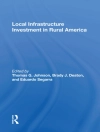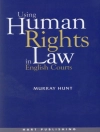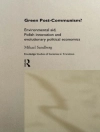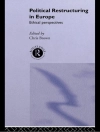Leaders of hybrid regimes in pursuit of political domination and material gain instrumentalize both hidden forms of corruption and public anti-corruption policies. Corruption is pursued for different purposes including cooperation with strategic partners and exclusion of opponents. Presidents use anti-corruption policies to legitimize and institutionalize political domination. Corrupt practices and anti-corruption policies become two sides of the same coin and are exercised to maintain an uneven political playing field.
This study combines empirical analysis and social constructivism for an investigation into the presidencies of Leonid Kuchma (1994–2005), Viktor Yushchenko (2005–2010), and Viktor Yanukovych (2010–2014). Explorative expert interviews, press surveys, content analysis of presidential speeches, as well as critical assessment of anti-corruption legislation are used for comparison and process tracing of the utilization of corruption under three Ukrainian presidents.
Tentang Penulis
Dr Oksana Huss is a Research Fellow at Bologna University. She earned her Ph D at the University of Duisburg-Essen and held a postdoc position at Leiden University. Huss taught at the Kyiv-Mohyla Academy as well as Kyiv School of Economics, and consulted the Council of Europe, EU, UNESCO, and UNODC. She is a co-founder of ICRNetwork.org—the Interdisciplinary Corruption Research Network.
The authors of the foreword:
Dr Tobias Debiel is Professor of International Relations at the University of Duisburg-Essen.
Dr Andrea Gawrich is Professor of International Integration at the Justus Liebig University of Giessen.












